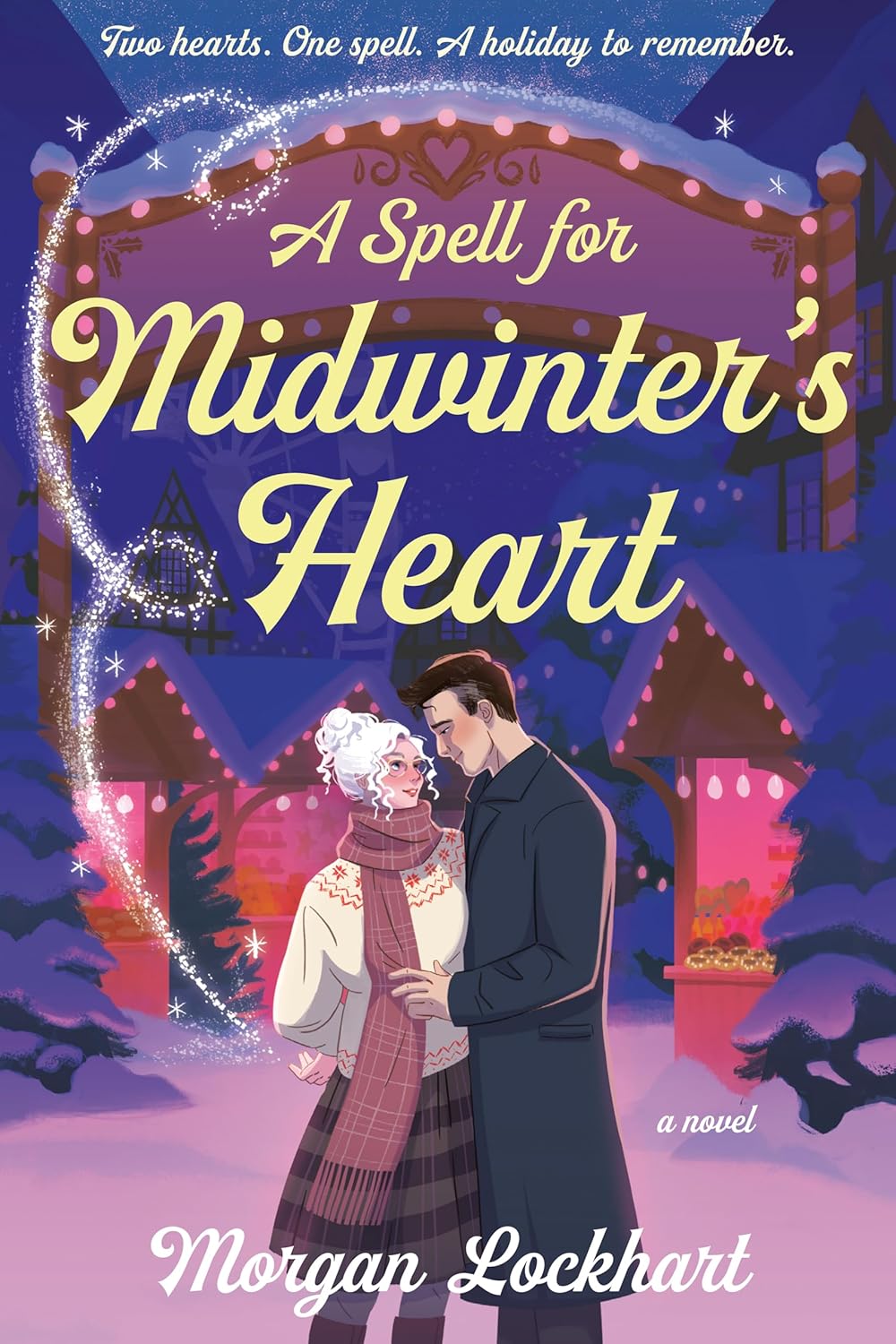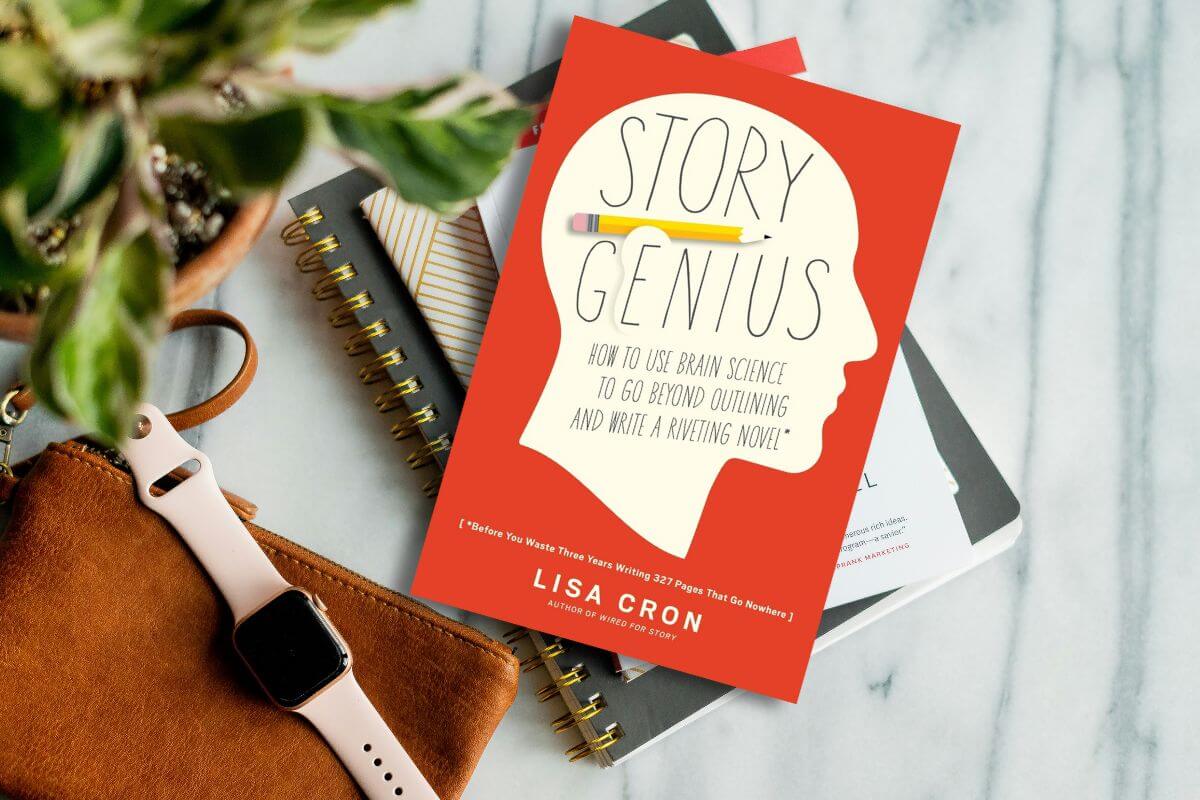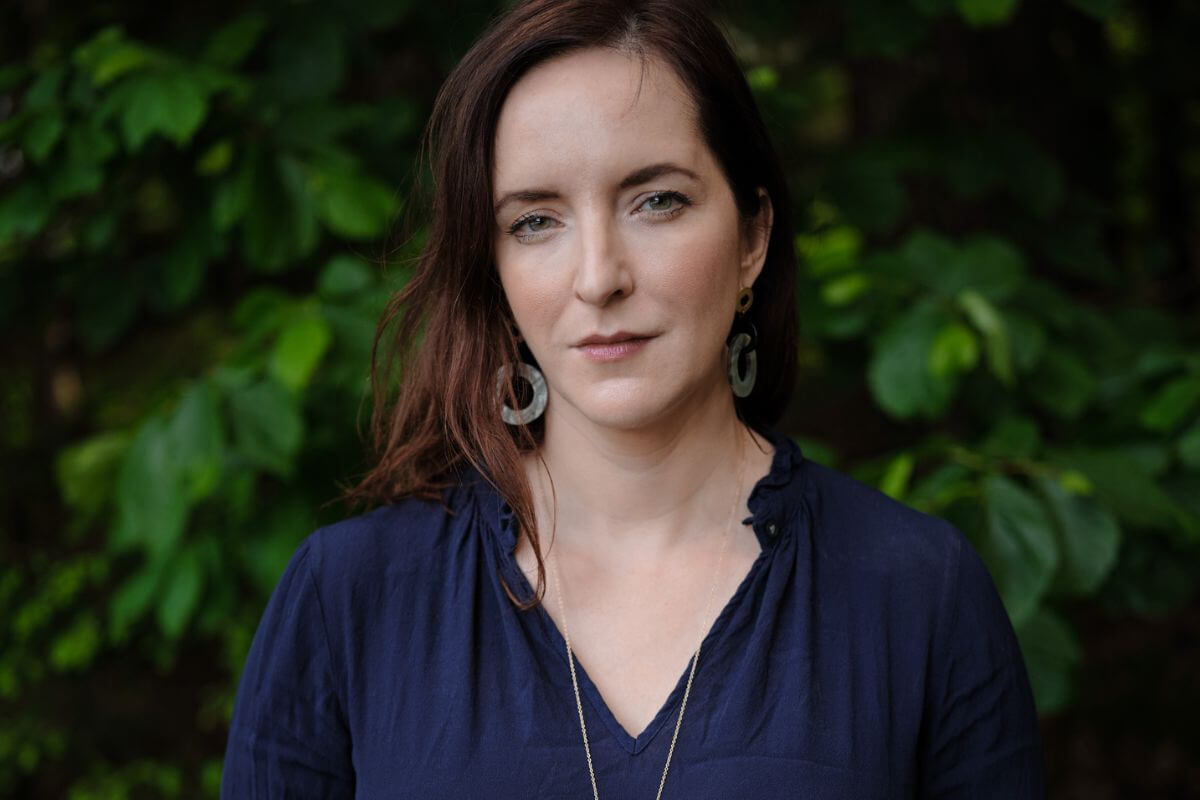Morgan Lockhart is a Pacific Northwest–based storyteller living with her partner, two kids, and a pack of fur babies. She grew up roaming the woods of Washington and graduated with highest honors in Creative Writing from UC San Diego, detouring into games by pausing her final quarter to write her first video game. When she’s not parenting or crafting stories, she’s dancing or doing aerials, making custom plush toys, singing karaoke, baking, hitting geeky conventions, playing TTRPGs, and exploring the outdoors and the world—while staying particular about coffee, whiskey, and chocolate.
Nearly everything I write comes with a touch of magic. I’ve written everything from hard magic systems with complex and fully defined ruleset to more vibes-based magic that leans on emotional resonance and symbolism, and I’ve learned a lot about the whys and wherefores of writing magic along the way.
Here are some things I think about when I set out to craft a magic-filled story.
Hard and Fast, or Vibes Only?
As I hinted above, one of the first big choices in writing a magical story is whether to go for a hard or soft approach. In hard magic systems, the rules are clearly defined and deeply systemic; whereas, in a soft magic system, the details are left obscure, and the magic is felt more than thought through. Different stories typically lend well to one or the other, so you’ll want to be sure the choice works with the rest of what you’re writing.
As a good rule of thumb, if there’s a lot of violence or other head-to-head magical engagement in a story, you’re more likely to need a hard system, because in magical conflict-driven stories, the tension comes from understanding what is and isn’t possible, what’s risky, and what likely to fail. Without clear limitations and rules of engagement, the tension dries right up.
In soft magic systems, the inability to conceptualize the magic invites readers to be swept up in the awe and mystery. Magic in these cases is more atmospheric and gives the story an emotional texture that keeps the reader in a state of wonder. In these stories, magic generally feels less like a tool to be used and more of an externalization of the internal workings of a character or a world.
Something to keep in mind is that soft magic doesn’t excuse a lack of internal consistency. Your characters and your readers may not fully understand the limits, but you should, because if the magic behaves too inconsistently, it can leave the reader feeling frustrated rather than awestruck.
In my debut novel, A Spell for Midwinter’s Heart, I knew I wanted a soft magic system for the witches of Elk Ridge. Hard magic invites control through mastery, and I wanted my spellcasters, no matter how skilled they were, to have to give up individual control as they embraced the collective spirit of my magic. This was part and parcel to the themes of community and connection that I built my magic system on, which I’ll explore more below.
Finding Inspiration in Your Story World
In thinking specifically of how your magic will take shape, look at your themes, characters, and the rest of your world-building for hints. This is a good place to ask, “What do I want my magic to represent?” and then build from there. There are plenty of stock magic systems out there that you might simply borrow from, but if you want to craft something more unique, comb your story’s other details for starting points.
You might find what you need looking at your story’s genre and themes. Cozy fantasies often build magic from concepts related to home, food, and community—think of “honey magic” from Honey Witch or “house magic” from The House Witch. In contrast, dark fantasy leans toward systems derived from things like death, chaos, and suffering—like the necromancy systems of Gideon the Ninth.
One of the great things about aligning themes and magic is that the inherent “power” of those concepts becomes clear when it is translated into magical abilities. A hearth witch healing people with food, for example, is a nod to the importance of nourishment, while a despot wielding suffering magic underscores how often people come to power and/or wealth through the suffering of others.
Your characters are also fruitful ground for inspiration, because magic is a perfect metaphor for whatever builds inside us so significantly that it can’t help but spill out and change the world. The Very Secret Society of Irregular Witches involves magic that comes straight out of the heart of its casters, and the main character Mika’s power transforms with her as she finds love and acceptance in a community of witches. While the earthquake magic of The Broken Earth trilogy is an expression of the rage and trauma of casters trapped in systemic oppression.
In A Spell for Midwinter’s Heart I looked primarily at my themes to start, though later details of my magic were then influenced by my characters. Community, connection, and respect for the natural world all informed a collectivist and earth-centric magic system with roots in real world Pagan practice. While the magic is stronger when witches cast together, the way each coven member experiences and makes use of magic is deeply personal, becoming an expression of their unique talents and life experiences.
Whatever You Do, Don’t Hold Back
Whatever direction you choose to take it, writing magic is an invitation to be wildly creative and to dream up ways to bring the impossible into being—so take it as an opportunity to really let go. I once got a great tip for writing comedy that I think applies to all writing. Take your first idea and keep pushing it. Make the joke more absurd, make the magic more fantastic. Let yourself really get swept up, and your audience is sure to get swept up with you.

A Spell for Midwinter’s Heart by Morgan Lockhart
Rowan Midwinter swore off magic after a high school spell went wrong, but a guilt-tinged trip home at Yule forces her to face a snowless season and a megacorporation threatening her mountain town’s beloved winter festival. Teaming up—reluctantly—with Gavin McCreery, the prodigal son of the festival’s landlord whose presence keeps setting off literal holiday lights, Rowan must decide whether to reclaim the power she fears and follow her heart before the season runs out.
Buy the book now: Bookshop.org | Amazon | Barnes & Noble














Leave A Comment